#LET LEARN, HOW TO REDUCE YOUR ANXIETY..........
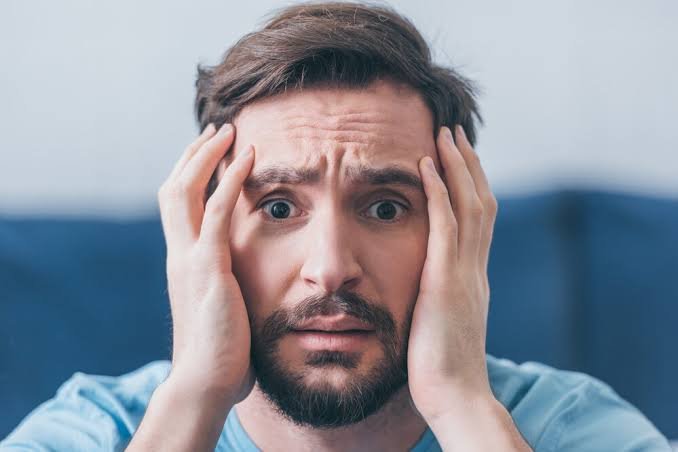
Anxiety is an inherent part of the human experience. It’s that nagging feeling you get before a big presentation, a job interview, or when faced with uncertainty. While a certain level of anxiety can be motivating and even protective, chronic and unmanaged anxiety can interfere with your daily life, relationships, and overall well-being. Understanding what anxiety is and how to manage it effectively is the first step toward reclaiming your peace of mind.
What Is Anxiety?
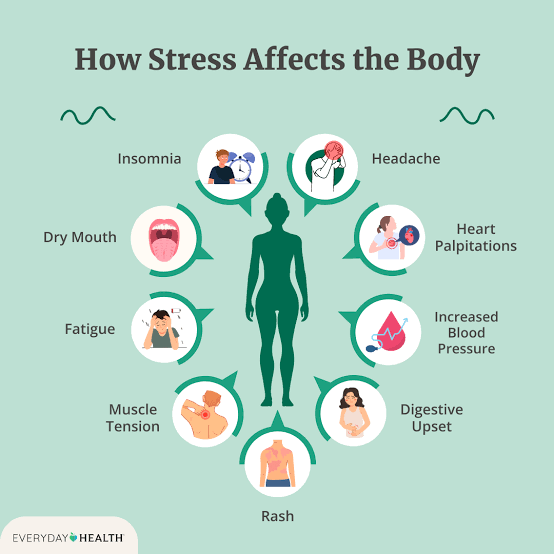
Anxiety is a natural response to stress. It’s your body’s way of preparing you to deal with a perceived threat. When you feel anxious, your body releases stress hormones like adrenaline and cortisol, which trigger the fight-or-flight response. This reaction is essential for survival but becomes problematic when it’s constantly activated.
Common symptoms of anxiety include:
- Racing thoughts or inability to concentrate
- Physical symptoms like a racing heart, sweating, or trembling
- Feeling restless, on edge, or irritable
- Avoidance of situations that trigger worry
- Difficulty sleeping
It’s important to differentiate between everyday anxiety and anxiety disorders, such as generalized anxiety disorder (GAD), panic disorder, or social anxiety disorder. If your anxiety feels overwhelming and persistent, seeking professional help is crucial.
The Real-Life Impact of Anxiety
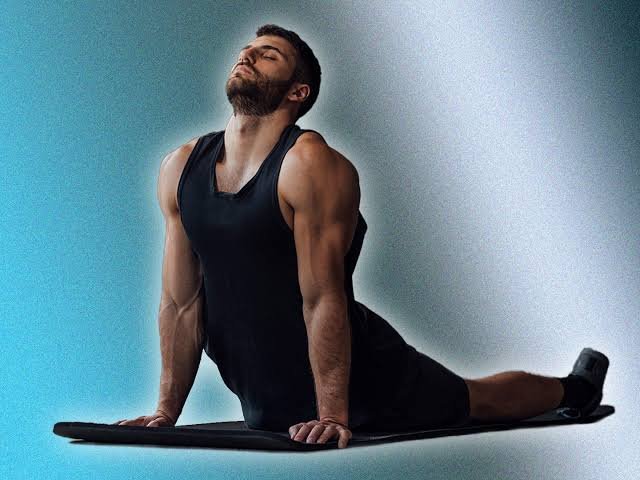
To illustrate how anxiety can take over, let’s look at some real-life stories shared on platforms like Quora:
Story 1: “The Sunday Scaries Turned Into Full-Blown Panic”
One user shared how their anxiety about work on Monday started creeping in as early as Saturday. By Sunday evening, they’d be in a state of panic, unable to enjoy their weekend. This constant dread began to affect their relationships and their ability to relax, even during vacations. The user later learned that their anxiety stemmed from unrealistic expectations at work, combined with poor time management skills.
Story 2: “Social Anxiety Held Me Hostage”
Another user recounted how their social anxiety made them avoid gatherings and even simple tasks like making a phone call. They felt trapped in their own mind, imagining worst-case scenarios for every interaction. The turning point came when they started practicing exposure therapy, gradually facing their fears and realizing they were often exaggerating the potential consequences.
Strategies for Managing Anxiety Effectively
The good news is that anxiety is manageable. Here are some evidence-based strategies to help you cope:
1. Understand Your Triggers
Identifying what causes your anxiety can help you address it more effectively. Keep a journal to track when and where your anxiety flares up. For instance, is it triggered by deadlines, social situations, or certain people? Once you know your triggers, you can start developing coping mechanisms.
2. Practice Deep Breathing and Relaxation Techniques
When anxiety strikes, your breathing often becomes shallow. Deep breathing exercises can help calm your nervous system. A popular technique is the 4-7-8 method: inhale for 4 seconds, hold your breath for 7 seconds, and exhale for 8 seconds. Pair this with progressive muscle relaxation or mindfulness meditation for added benefits.
3. Challenge Negative Thoughts
Anxiety often comes with a barrage of negative and irrational thoughts. Practice cognitive restructuring to challenge these thoughts. For example, if you’re thinking, “I’ll mess up this presentation,” counter it with evidence that shows you’ve prepared well or that you’ve succeeded in similar situations before.
4. Adopt a Healthy Lifestyle
Your physical health plays a significant role in your mental health. Regular exercise, a balanced diet, and adequate sleep can reduce anxiety symptoms. Limit caffeine and alcohol, as they can exacerbate anxiety.
5. Set Realistic Goals

Overloading yourself with unrealistic goals can lead to burnout and anxiety. Break down big tasks into smaller, manageable steps. Celebrate small wins to build confidence.
6. Seek Professional Help When Needed
Therapists and counselors can offer tailored strategies to help manage anxiety. Cognitive-behavioral therapy (CBT) is particularly effective for anxiety disorders. Medication may also be an option if your anxiety is severe.
Personalization: What Works for You?
Different strategies work for different people. Some find solace in yoga or journaling, while others thrive with structured therapy. The key is to experiment and find what resonates with you. For example, one Quora user discovered that joining a public speaking club like Toastmasters helped them tackle their social anxiety head-on. Another user swore by daily gratitude journaling to shift their focus from what could go wrong to what’s already going right.
Conclusion
Anxiety is a part of life, but it doesn’t have to control you. By understanding your triggers, challenging negative thoughts, and adopting healthier habits, you can significantly reduce its impact. Remember, you’re not alone. Millions of people face similar struggles, and many have found ways to overcome them. With patience and persistence, you can too.
2-Lifestyle and home remedies-

While most people with anxiety disorders need psychotherapy or medications to get anxiety under control, lifestyle changes also can make a difference. Here's what you can do:
A-Keep physically activity. Develop a routine so that you're physically active most days of the week. Exercise is a powerful stress reducer. It may improve your mood and help you stay healthy. Start out slowly and gradually increase the amount and intensity of your activities.
B-Avoid alcohol and recreational drugs. These substances can cause or worsen anxiety. If you can't quit on your own, see your doctor or find a support group to help you.
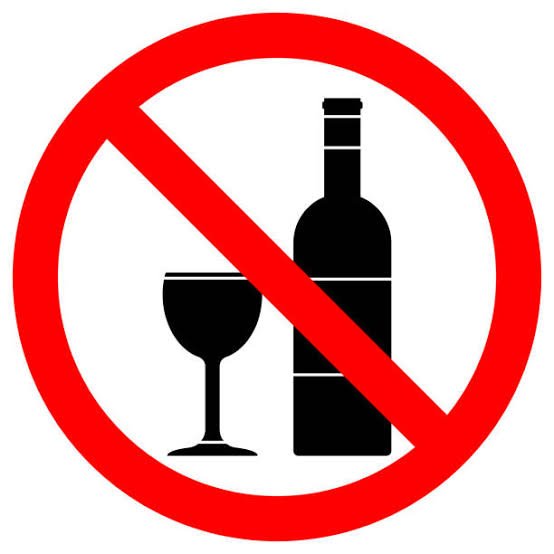
C-Quit smoking and cut back or quit drinking caffeinated beverages. Both nicotine and caffeine can worsen anxiety.
D-Use stress management and relaxation techniques. Visualization techniques, meditation and yoga are examples of relaxation techniques that can ease anxiety.
E-Use stress management and relaxation techniques. Visualization techniques, meditation and yoga are examples of relaxation techniques that can ease anxiety.
F-Eat healthy. Healthy eating — such as focusing on vegetables, fruits, whole grains and fish — may be linked to reduced anxiety, but more research is needed.
3-What are the symptoms?
Everyone feels anxiety differently. Some common symptoms include:
A-Physical symptoms such as increased heart rate, rapid breathing, dizziness, shortness of breath, and headaches
B-Cognitive and emotional symptoms such as irritability, difficulty concentrating, and feeling restless, worried, or unable to sit
C-Changes in behavior such as avoiding places, situations, and everyday activities that trigger anxiety or taking extreme steps to reduce or eliminate what is causing the anxiety.
4-How are anxiety disorders treated?
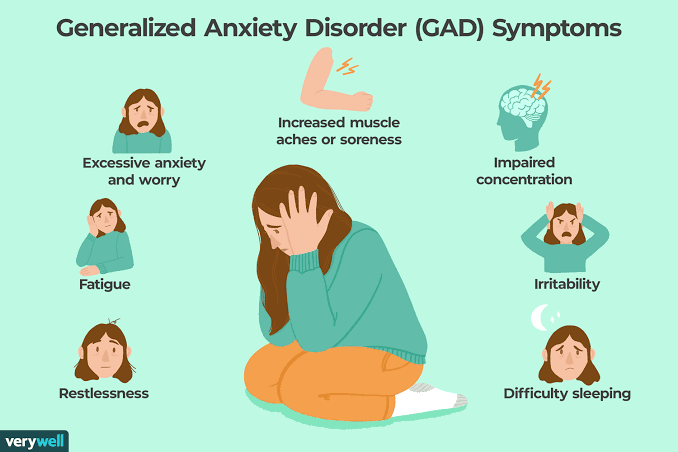
The good news is that anxiety is treatable. Different strategies to help manage your anxiety may involve psychotherapy, medication, or both.
Psychotherapy methods may include:
A-Cognitive behavioral therapy, or CBT, which teaches people different ways of thinking, behaving, and reacting to situations to help them feel less anxious or afraid
B-Exposure therapy, a type of CBT that helps people confront fears so they can participate in activities they have avoided
Acceptance and commitment therapy, which uses strategies such as mindfulness and goal setting to help people live fulfilling lives despite their anxiety.



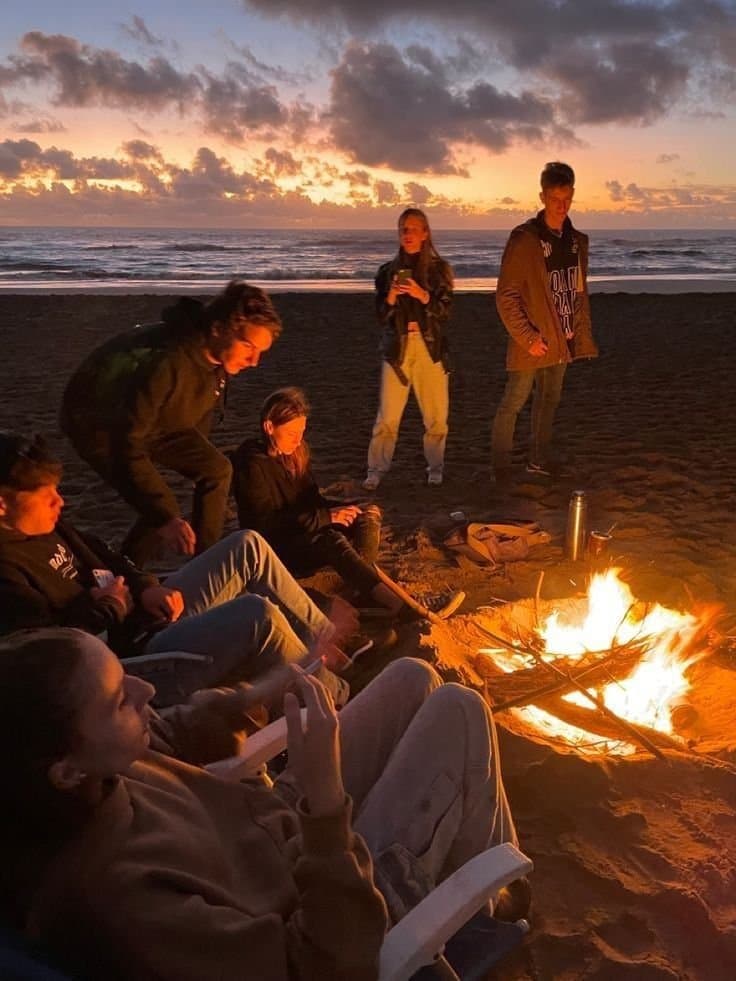
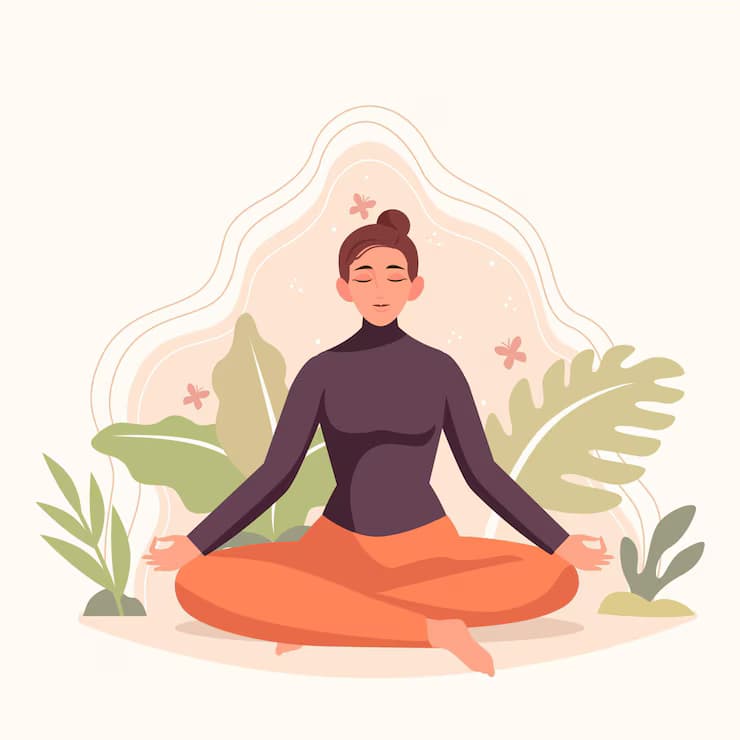
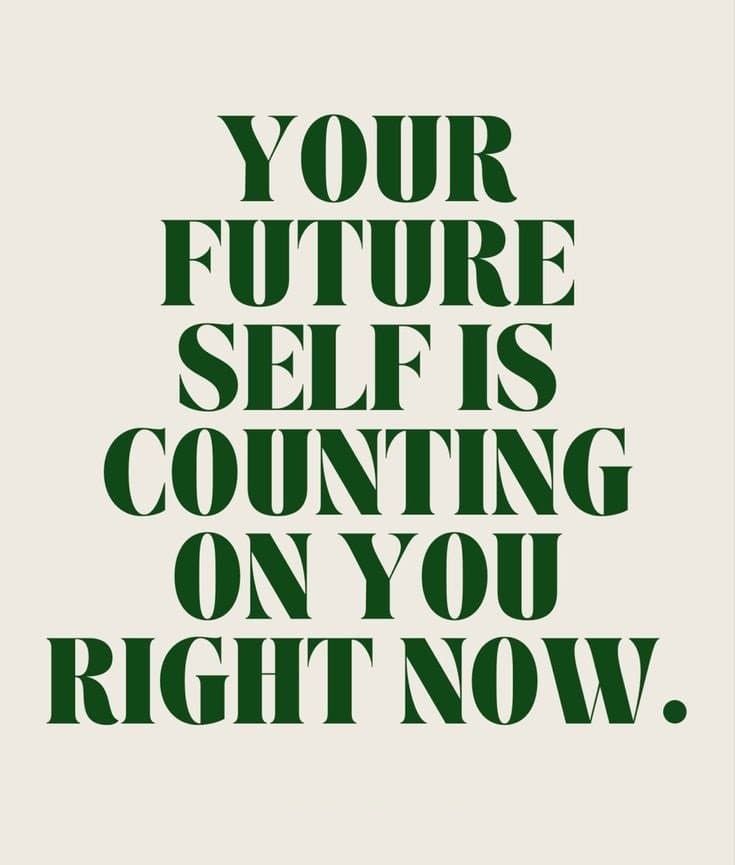

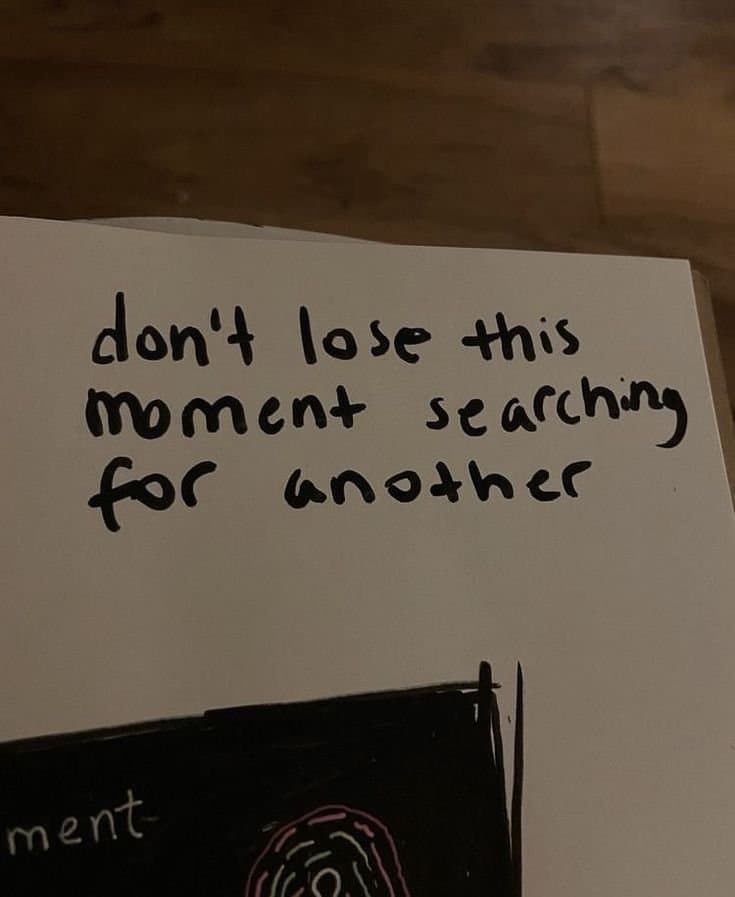



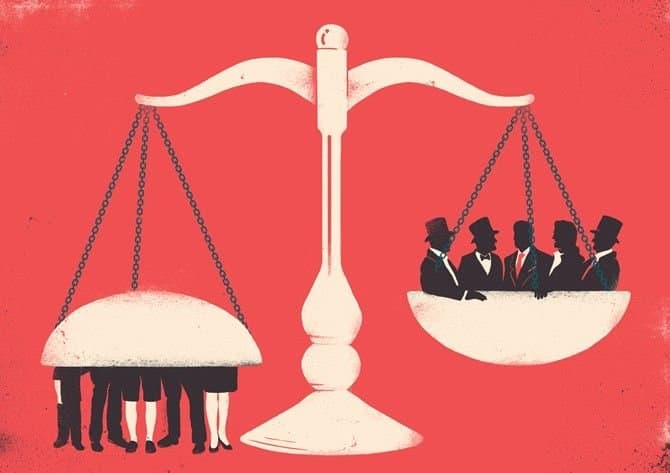


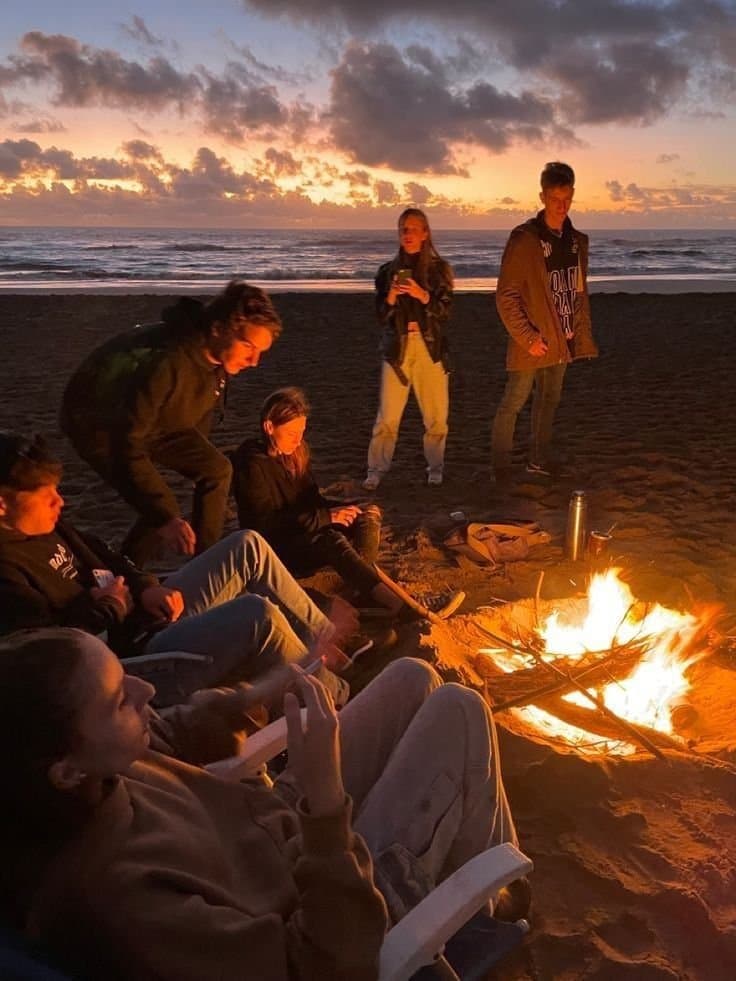



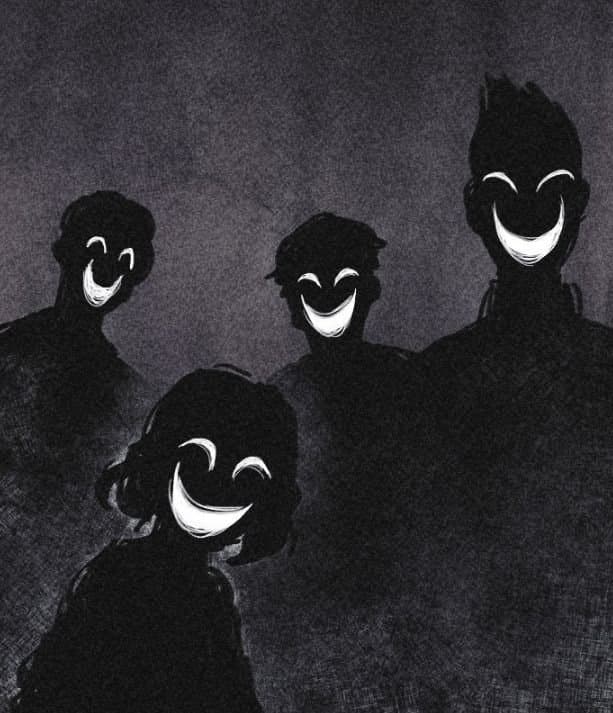
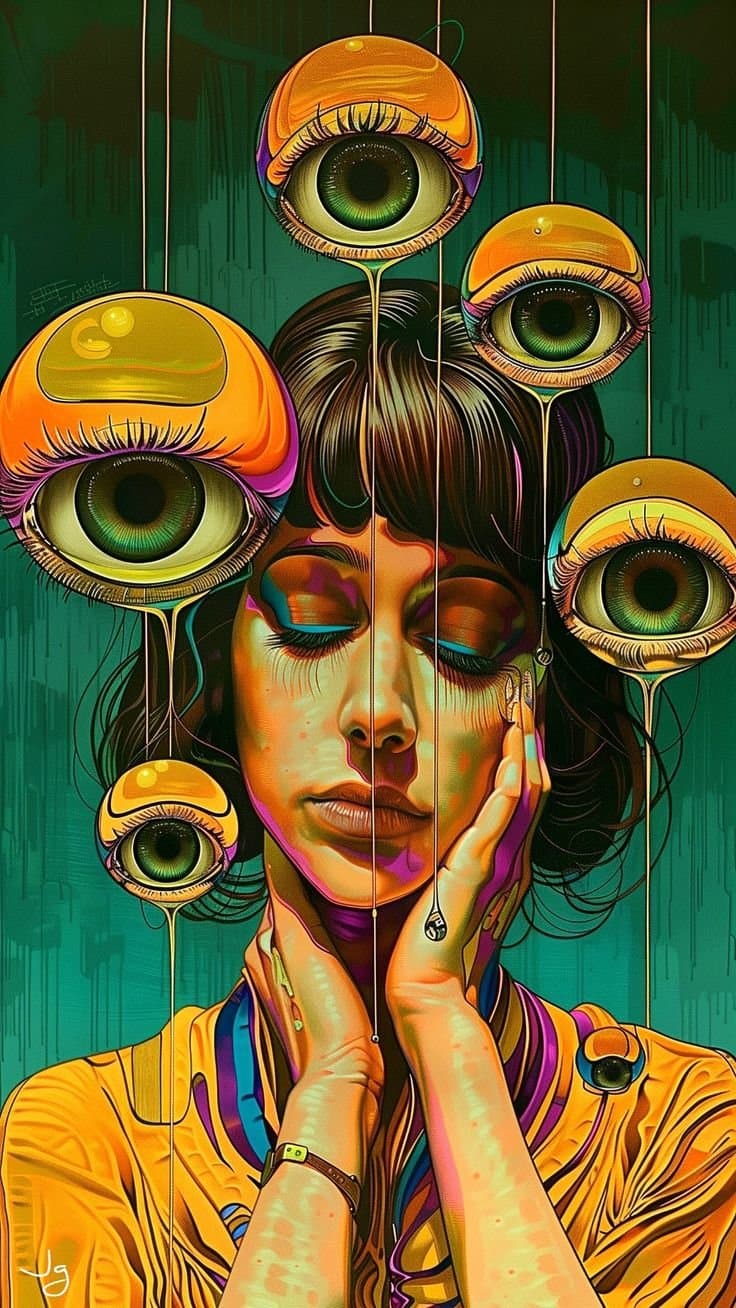


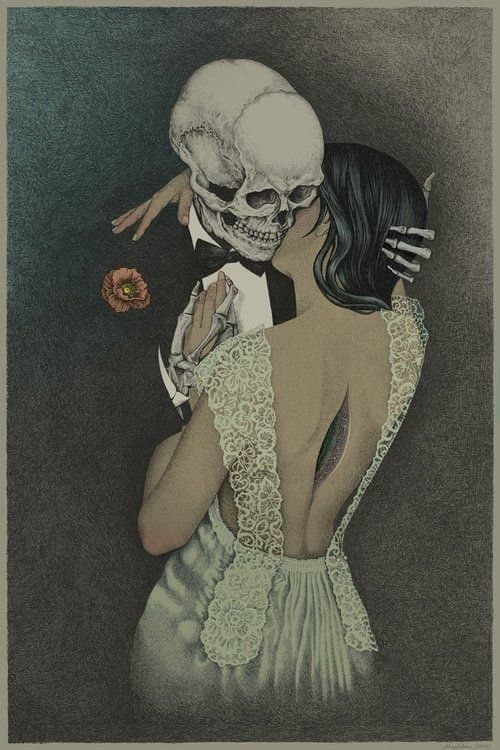

Responses (0 )